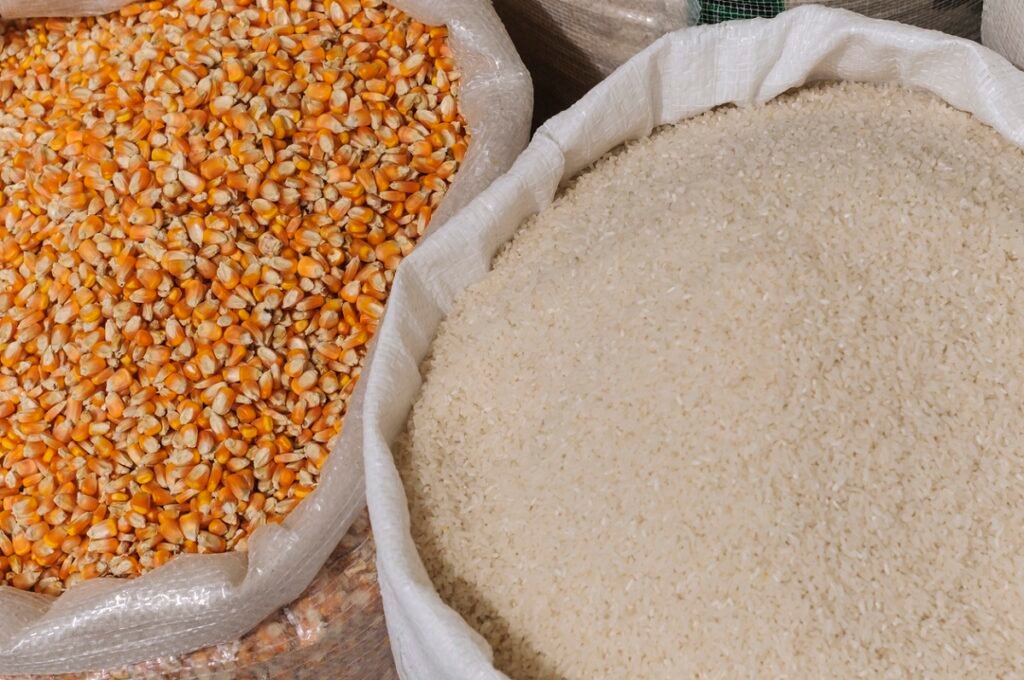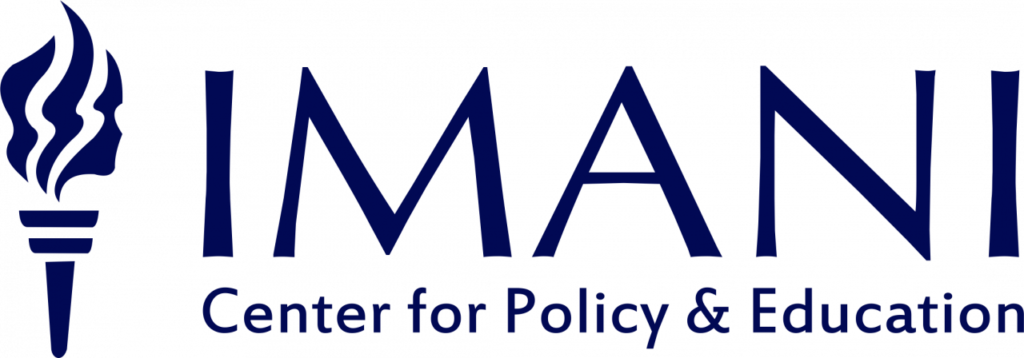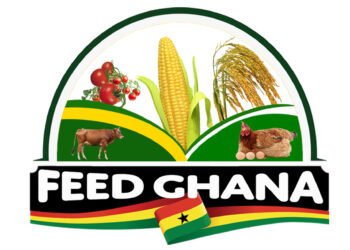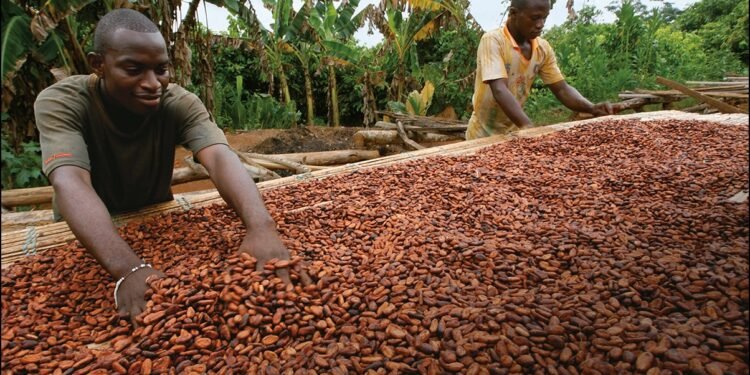IMANI Africa has raised concerns about Ghana’s worsening grain surplus, warning that the growing food glut exposes deep flaws in the country’s agricultural market planning.
The policy think tank noted that the situation, if left unchecked, could threaten livelihoods, undermine national food security, and reverse the gains made in agricultural productivity.
“Ghana’s grain sector is facing a serious challenge this year. Reports show that about 100,000 metric tonnes of maize and rice from the 2024 harvest remain unsold across major farming areas.
“The Peasant Farmers Association of Ghana (PFAG) has appealed to the government to urgently release additional funds to the National Food Buffer Stock Company (NAFCO) to enable it to purchase surplus rice from local producers. Many farmers are unable to sell their grains and have been forced to reduce prices drastically to avoid losses”
IMANI Africa
According to IMANI, the Chamber of Agribusiness Ghana (CAG) has attributed the crisis partly to a surge in cheap grain imports and rampant smuggling of substandard rice and maize into the country. These products, often sold below local production costs, have made it impossible for domestic farmers to compete.
In response, Cabinet has approved funding for the Ghana Buffer Stock Company to begin purchasing surplus food crops in an effort to stabilize prices and reduce post-harvest waste. But IMANI Africa believes the current approach, focused on emergency intervention, does not address the root of the problem.

According to the think tank, Ghana’s agricultural policies have historically prioritized production over market planning, resulting in a system that “collapses under the weight of success.” When harvests are strong, the sector struggles to absorb the excess due to limited storage, inadequate transportation, and weak coordination between farmers and buyers.
IMANI Africa pointed out that years of investment in fertilizer subsidies and planting support schemes have yielded high output, but without the necessary infrastructure for processing and marketing, the benefits fail to reach producers.
“Ghana’s agricultural model remains production-heavy but market-weak,” IMANI Africa observed. “The glut of 2024 is not a success story gone wrong – it is a predictable failure of coordination.”
Import, Data, and Coordination Failures
Another major factor, IMANI emphasized, is poor import management. Even as local farmers struggle to sell their produce, the domestic market continues to be flooded with low-quality, cheap imports.
“Weak border enforcement and inadequate trade regulation have worsened the situation,” discouraging domestic investment in agriculture and undermining national efforts to achieve food self-sufficiency.
The group urged the government to prioritize import control as part of its broader market reforms, calling it essential for protecting Ghana’s grain industry from unfair external competition.
IMANI’s analysis also highlighted poor planning among farmers themselves, driven largely by the absence of reliable data on demand and supply, resulting in a recurring cycle of oversupply in good years and shortages in bad ones, “leaving producers trapped in uncertainty.”

The think tank advised that crop planning should be data-driven and coordinated through strengthened farmer cooperatives, allowing better decisions on what to grow, where, and how much. “Without a national system of data and coordination, Ghana will continue swinging between excess and scarcity,” IMANI warned.
Turning the Crisis into Opportunity
IMANI Africa believes that Ghana can turn the current glut into an opportunity to modernize its food system.
“This situation calls for a shift in focus from production-driven policies to market-oriented reforms. The government must recognize that agriculture is no longer just about growing food; it is about managing value chains efficiently from farm to market”
IMANI Africa
The group recommended targeted investment in storage, processing, and logistics, as well as support for agro-processing industries that can absorb surplus grains. It also called for “rural infrastructure expansion, especially feeder roads and cold-chain facilities,” to reduce post-harvest losses and facilitate transport to markets and processors.
The think tank concluded that the 2024 grain glut should not be seen merely as an unfortunate outcome of high yields but as a warning signal for deeper policy reform – a wake-up call, not just for the government but for all stakeholders in the sector.
Agriculture, IMANI noted, remains critical to Ghana’s economic recovery under President John Dramani Mahama’s administration, but the challenge is no longer productivity – it is coordination.

“The real task ahead,” IMANI Africa asserted, “is to build a system that links production to markets efficiently. Only then can agriculture become a stable and profitable engine of growth.”
READ ALSO: Dangote Refinery Hits 70 Million-Litre Daily Output, Exceeds Domestic Demand






















